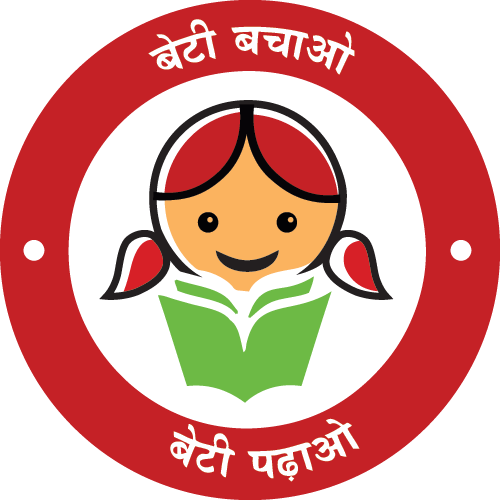Dr. Charu WaliKhanna, Member, NCW, was Chief Guest at Round Table Discussion on “Need for Protective Legislation for Domestic Workers” at Hyderabad
Dr. Charu WaliKhanna, Member, NCW, was Chief Guest at Round Table Discussion on “Need for Protective Legislation for Domestic Workers” at Hyderabad. The programme was organized by NAWO in association with Friedrich Ebert Stiftung and National Center for Labour on 21.11.2013.
Dr. Charu WaliKhanna, Member, emphasized that NCW was committed to social justice for domestic workers through access to employment, access to social justice, access to social dialogue and access to rights. She said it is important not only to protect domestic workers but also build their capacity for efficiency of work and awareness of rights. She expressed her happiness that the roundtable provided domestic workers a platform to voice their struggle and demand for dignity of labour and proper legislation.
The Member added that these women look after our houses and our families yet they are denied their basic human rights like proper wages, maternity leave, social security protection etc. They are made to work long hours and late night without proportionate compensation. There is a need to make the workers aware of their rights and ensure equal opportunities. She said that around 90% of domestic workers constitute of women and children, out of which 25% are less than 14 years of age. Civil society cannot close its eyes to the circumstances due to which they are vulnerable to being trafficked for forced labour and domestic work.
Dr. Charu WaliKhanna said that most of the domestic workers comprise women who migrate for work hence it is important to recognize the rights of domestic workers in order to make meaningful improvement in their lives and to raise the consensus for social change. She reaffirmed that domestic work is work, domestic workers are workers, and domestic work is not slavery. She emphasized that domestic work is important for society and state. It not only adds to the family income and enhances standard of living of the women workers but is a part of increased economic contribution of women to state economy.
Member said that various legislations had been enacted by states of Tamil Nadu, Kerala, Karnataka, Andhra Pradesh, Rajasthan and Bihar yet there is a strong need for new comprehensive legislation to protect the rights of domestic workers. In 1956 The Domestic Workers (Condition of Service) Bill 1956 was introduced in Parliament but allowed to lapse. Dr. Charu WaliKhanna spoke about the salient features of the proposed NCW ‘Domestic Workers Welfare and Social Security Bill- 2010 which include constitution of a central advisory committee by central govt., constitution of a state advisory committee and district board for domestic workers, creation of domestic workers welfare fund, regulation of working condition to name a few. She hoped that the round table would have meaningful discussion on the NCW Bill alongwith the Bills drafted by other stakeholders.




















